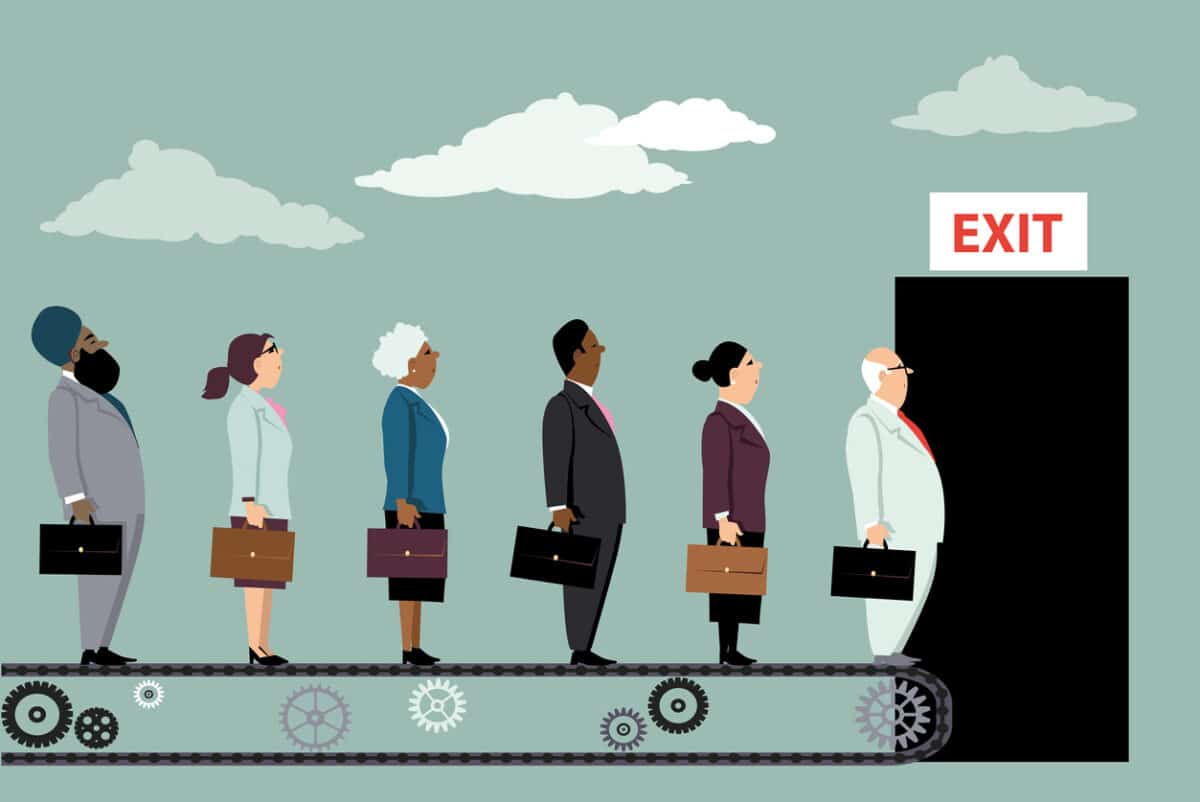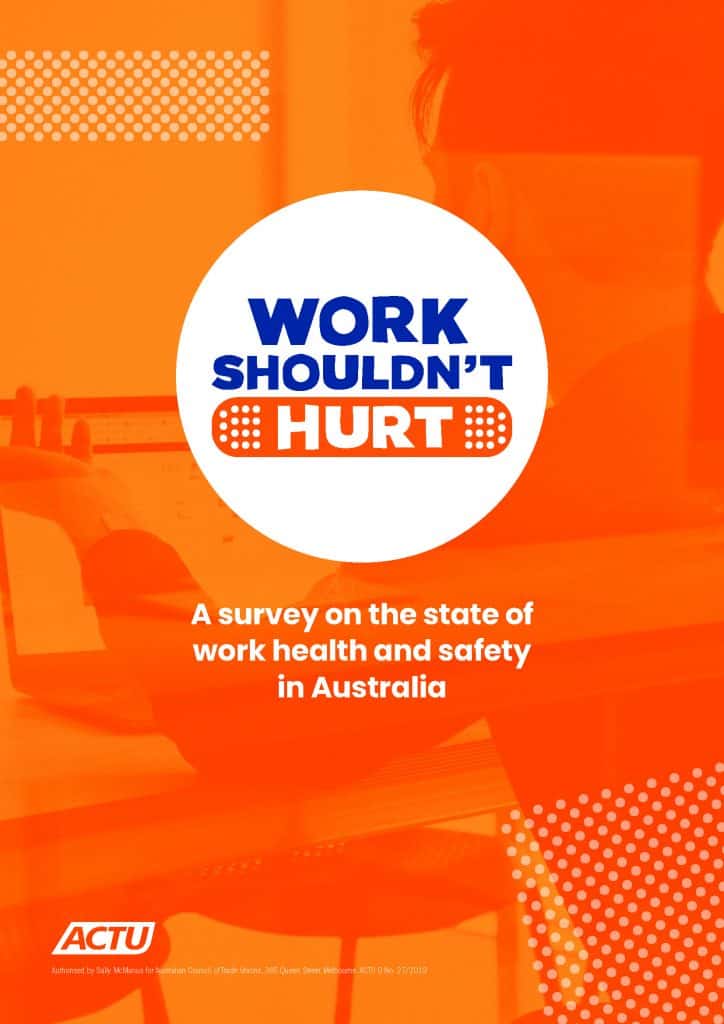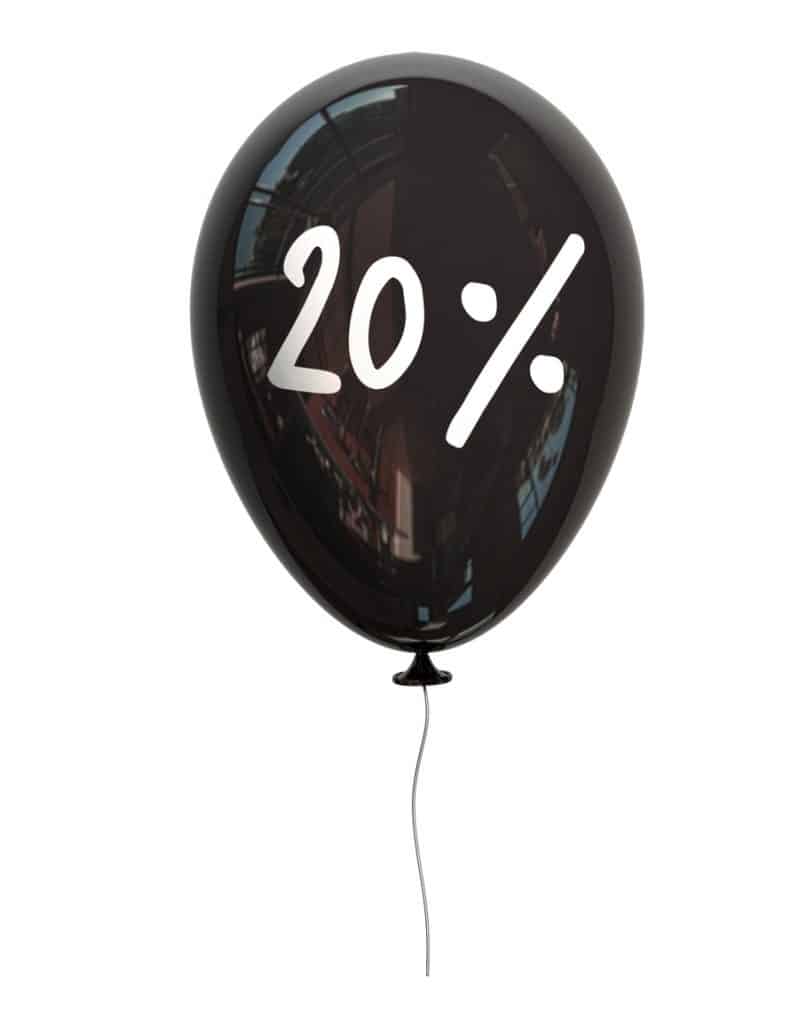At the moment, “The Great Resignation” remains a United States phenomenon, but part of that movement involves a reassessment of one’s job. Is it a good job? Is it meaningful work? Is it a good job now but likely not in the future? I would include my occupational health and safety perspective (OHS) and ask if it is a safe job, but I accept that my perspective is far from universal.
Recently Sarah O’Connor wrote in the Financial Times about the importance of having a decent boss. She wrote that
“Economists are increasingly of the opinion that the quality of jobs matter as much as their quantity”





 Occupational health and safety (OHS) and Human Resources (HR) disciplines continue to, mostly, operate in isolation and, sometimes, in conflict. Part of the reason is that workplace matters are often seen as either OHS or HR, even though they are both.
Occupational health and safety (OHS) and Human Resources (HR) disciplines continue to, mostly, operate in isolation and, sometimes, in conflict. Part of the reason is that workplace matters are often seen as either OHS or HR, even though they are both.
 Earlier this week former chair of the Australian Government’s
Earlier this week former chair of the Australian Government’s